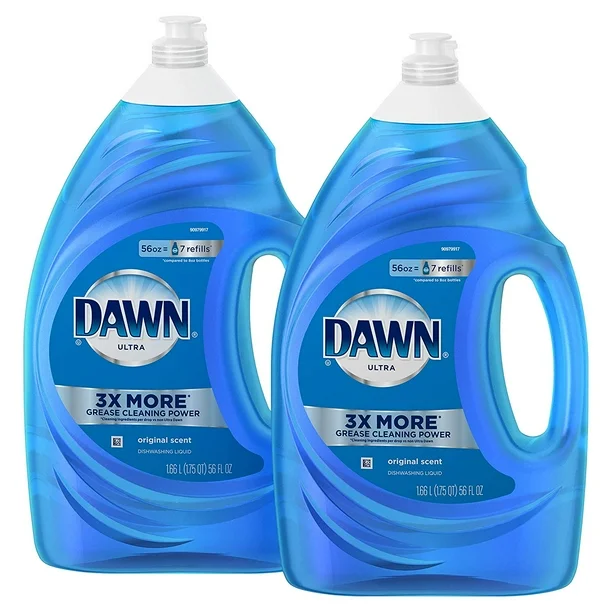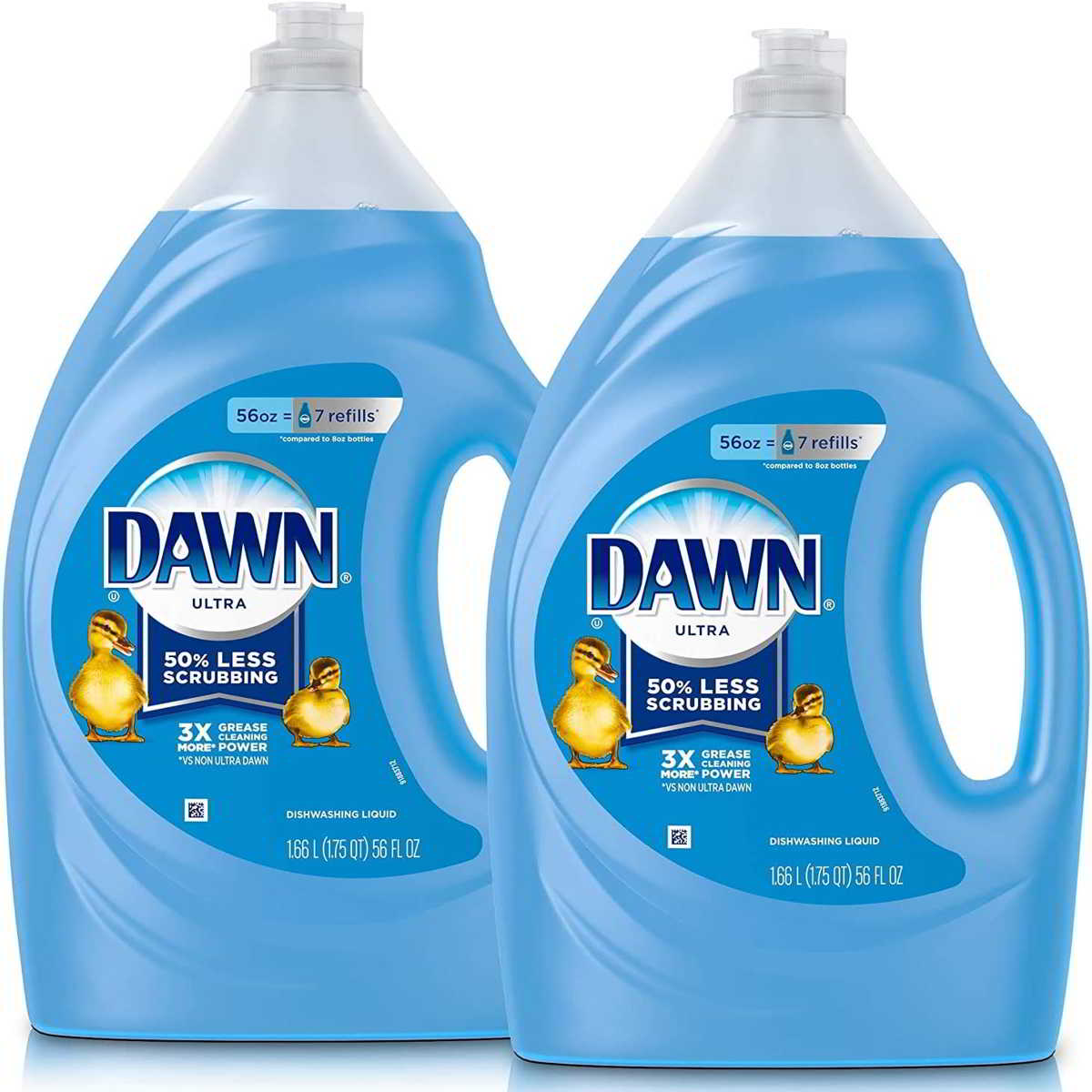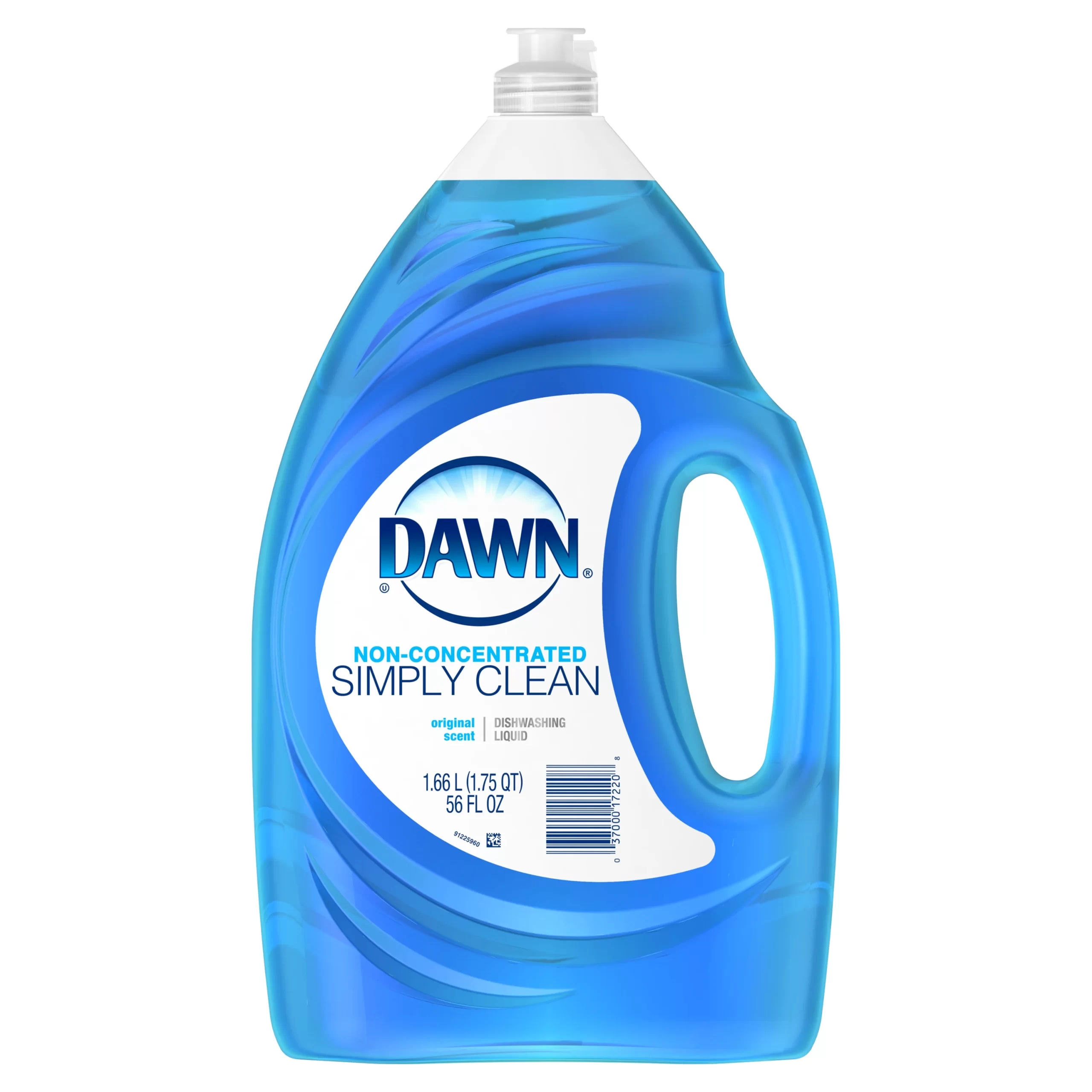When it comes to laundry essentials, most people think of fabric softeners, laundry detergents, and bleach. However, something as simple as dish soap can provoke curiosity when discussing its potential use in a washing machine. In this article, we will explore the various aspects of using dish soap in washing machines, including its benefits, potential drawbacks, and some best practices for effective laundry care. We aim to provide a thorough understanding of whether dish soap is a viable alternative to traditional laundry detergents.
What Is Dish Soap?
Ingredients and Composition
Dish soap, also known as dishwashing liquid, is a cleaning agent specifically formulated for washing dishes. The composition generally includes surfactants, which are compounds that lower the surface tension of water, allowing it to penetrate grease and food residues more effectively. Other common ingredients include colorants, fragrances, and preservatives. Understanding what dish soap contains helps us ascertain its effectiveness for other cleaning tasks, including laundry.
Types of Dish Soap
- Regular Dish Soap: This is the most common type and contains strong surfactants for effective grease removal.
- Natural Dish Soap: Often marketed as eco-friendly, these formulas usually contain plant-based surfactants and avoid synthetic additives.
- Antibacterial Dish Soap: This variety contains additional agents that claim to kill bacteria, offering an extra layer of cleaning for your dishes.
Utilizing any of these types of dish soap can yield different results when used in a washing machine, so it’s important to consider which option to choose.
The Benefits of Using Dish Soap in a Washing Machine
Cost Effectiveness
One of the most compelling arguments for using dish soap in a washing machine is cost. Dish soap is generally less expensive than laundry detergent. If you’re in a pinch, using dish soap can save you money, especially if you don’t do laundry frequently. It can also be an excellent option if you’re on a budget, allowing you to get the cleaning power you need without breaking the bank.
Quick Availability
If you run out of laundry detergent and cannot go out to purchase more, dish soap is usually readily available in most households. This makes it a practical emergency solution for getting your laundry done without a last-minute trip to the store.
Strong Cleaning Power
Dish soap is designed to cut through tough grease and grime on dishes, making it a potent cleaner. Its powerful surfactants can help lift dirt and stains from fabrics as well. While it may not be as specialized as a laundry detergent, it can still effectively tackle many common laundry challenges.
Versatility
Dish soap is generally versatile enough to be used for various cleaning tasks, from washing pots and pans to cleaning floors. Its multi-purpose nature means that you can keep just one cleaner on hand for many of your cleaning needs, potentially reducing clutter in your cleaning supplies.
The Risks of Using Dish Soap in a Washing Machine
Excessive Sudsing
One of the main risks of using dish soap in a washing machine is the potential for excessive sudsing. Dish soap is formulated to produce a lot of bubbles, while laundry detergents are designed to create a controlled amount of foam meant for washing machines. Excess suds can cause the washer to overflow, leading to a mess and possibly damaging the appliance.
Residue Build-Up
Dish soap may leave behind a residue due to its more concentrated surfactants. Over time, this can lead to build-up within your washing machine, which might affect its performance. If this residue isn’t cleared out periodically, it can also transfer to your clothes, leaving them feeling sticky or looking dull.
Incompatibility With Fabric Types
Certain fabrics may not react well to the ingredients in dish soap, particularly delicate materials like silk or wool. Prolonged exposure to harsh surfactants can lead to fabric degradation and fading, which could ruin your favorite garments.
Ineffective Stain Removal
Although dish soap is effective at cutting through grease, it may not perform as well on various types of stains that laundry detergents are specifically designed to tackle. For instance, protein-based stains, like blood or sweat, or tannin-based stains, like those from coffee or wine, may require specialized enzymes that dish soap simply doesn’t contain.
How to Use Dish Soap in a Washing Machine
Dosage Guide
If you decide to experiment with dish soap in your washing machine, it’s critical to use it sparingly. The general guideline is to use about one tablespoon as opposed to the typical quarter-cup measurement for laundry detergent. This small quantity should be enough to generate the cleaning power needed without overwhelming the machine with suds.
Choosing the Right Type
As mentioned earlier, not all dish soaps are created equal. For laundry, it’s advisable to use a mild dish soap that’s free from added fragrances, colors, or antibacterial agents. These additives can irritate your skin or diminish the quality of your laundry.
Prepping Your Clothes
Before loading your washing machine, sort your clothes according to color and fabric type to reduce the risk of bleeding colors or damage to delicate fabrics. Treat heavily soiled areas with a small amount of dish soap before placing them in the washer. This extra step can help pre-condition tough stains before the main wash cycle.
Monitoring the Wash Cycle
While washing, keep an eye on the soap’s sudsing level. If you notice that suds are excessively building up, you may need to pause the cycle and add a cup of plain water to dilute the suds.
Rinsing and Maintenance
After the wash is completed, it’s a good idea to run the washing machine through an empty rinse cycle with just water. This helps to eliminate any remaining dish soap residue and provides an additional rinse for your clothes.
Alternative Uses for Dish Soap Around the House
Stain Remover
Dish soap can act as a quick stain remover when mixed with water. Apply a mixture of dish soap and water to the stain, rub it gently, and rinse with cold water for effective removal.
Cleaning Surfaces
Apart from laundry, dish soap is excellent for cleaning various surfaces. Diluting it with water can make an effective solution for wiping down kitchen counters, tables, and even appliances.
Pet Flea Control
For pet owners, dish soap can serve as a flea shampoo for your furry friends. Simply mix a small amount of dish soap with water and lather it into your pet’s coat to help kill fleas.
Outdoor Furniture
The surfactants in dish soap are effective in cleaning dirt and grime from outdoor furniture. Whether it’s plastic, wood, or metal, a solution of dish soap and water can rejuvenate your outdoor spaces.
 Special Considerations
Special Considerations
Machine Type
If you’re thinking about using dish soap in your washing machine, it’s advisable to check the owner’s manual or warranty guidance. Certain machines, like high-efficiency (HE) washers, are designed to work best with specific types of detergents, and using dish soap may violate warranty terms.
Allergies and Sensitivities
If you or anyone in your household has sensitive skin or allergies, using dish soap may not be the best choice for laundry. The additives in dish soap, even the mild ones, can cause irritation for some people, particularly in delicate skin areas.
Environmental Impact
While dish soap is currently more sustainable than some conventional laundry detergents, not all brands are created equally. Always opt for eco-friendly options when available if you’re concerned about the impact on the environment.
Conclusion
In summary, while dish soap in a washing machine may seem like an unconventional choice, it can provide a convenient and cost-effective alternative during emergencies. It’s important to consider both the benefits and potential drawbacks, especially concerning excessive sudsing and residue build-up. By following best practices, such as dosage control and choosing the right type of dish soap, you can minimize risks while enjoying the cleaning power dish soap offers. However, for long-term laundry solutions, it’s often best to rely on specially formulated laundry detergents that meet various fabric care needs and stain concentrations. So the next time you find yourself out of laundry detergent, remember that dish soap can be your trusty stand-in, provided you wield it with caution and consideration.


